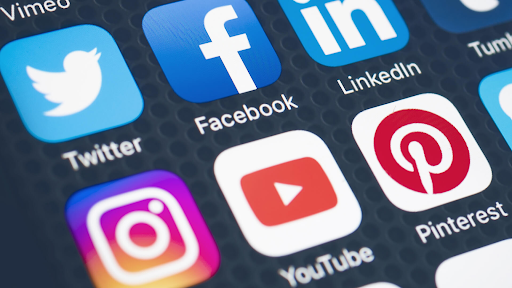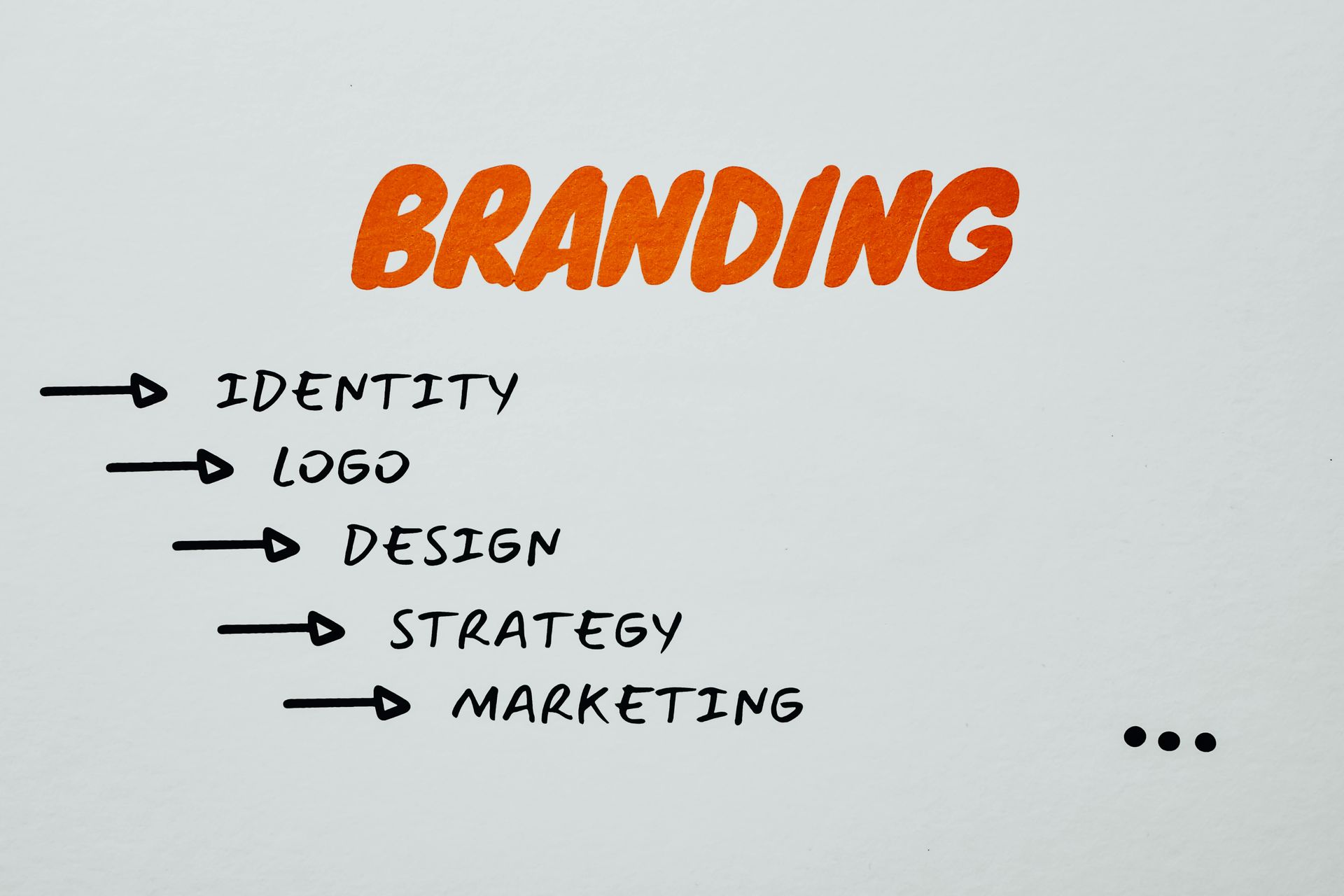Should I Keep Marketing Through a Crisis?

We hear so often that marketing is the first budget item that business owners push aside when cash flow slows down. While we understand the need to bootstrap from time to time, we also know that the efforts you put into marketing now, during challenging times, will produce long-term returns on your investment.
There are several cost-effective steps you can take now to secure your strategy and stay top of mind for your customers — potential and present — now and for a long time to come.
Work on Your Website
It’s no secret that your business website is a valuable and fundamental cornerstone of your marketing strategy, regardless of what’s happening in the world around us. That’s especially true now, with many businesses struggling to find a “new normal.” If you have to temporarily close your doors or your schedule changes day-to-day, your business website is the best and most effective way to reach out to your customers.
A website doesn’t need to be fancy to be effective. Including your accurate business information, operating hours, and info that site visitors need to answer frequently asked questions about things like services or pricing. Remember: Many of us use our smartphones and mobile devices to search for businesses, so your site should be mobile-responsive. Even the most basic business website can build trust and help optimize lead generation efforts.

Stick with Social
If you haven’t already implemented a social media marketing strategy for your business, now is exactly the right time to do so. Social media is free for people to access and for businesses to leverage and it’s something that users access from anywhere at any time — even when business doors are closed. It’s also a great way to get insight into the conversations your customers are having about your brand.
Make sure you’re regularly updating business information on your LinkedIn, Twitter, Instagram, and Facebook profiles and always double-check that it’s accurate. Keep a close eye on your tone and post items that are educational and offer value to the readers. Have it speak to the current challenges your audience is facing and regularly engage with comments to help build an online community. Use what you learn to pivot or tweak your business offerings.
Check on Google My Business
Beyond the website and a regular social media content posting schedule, Google My Business (GMB) pages are another marketing tool that doesn’t break the bank. Customers who are searching for local businesses will most likely start on Google — in fact, nearly 3.5 billion searches are performed every day. You’ll want your GMB info to pop up in those search results, and you’ll want that info to be updated, comprehensive, and accurate so customers know how to best choose you over the competition. GMB pages are free to claim if you haven’t done so already, this tutorial is a great start. Fill in as many details about your business and take some time every week to make sure everything is correct. Take an extra step to help your marketing efforts and add a weekly post as well, even if it’s just a short blurb about the current state of your business. Once again, GMB pages are free to claim and maintain, meaning it can be an affordable tool used by businesses of all sizes.

Follow the Feedback
Would you be surprised to find out that 91% of consumers who responded to a recent survey say they trusted online reviews as much as recommendations from friends and family? While word-of-mouth may look a bit different these days, taking the form of online reviews, testimonials, customer feedback surveys, and more, it remains a time-tested marketing tool that businesses have been using for decades. Because you’re missing out on the chance of wowing customers with in-person shopping experiences, customers will be looking to reviews more to make their purchases
Reviews will also form the foundation of your recovery plan post-crisis. Take some time now to build on the connections you’ve made with past customers and ask if they can share their experiences. Be clear that their help will be a huge support as your business continues to look for ways to grow in the months and years to come.
Call in the Professionals
Business owners have no shortage of tasks on their to-do lists, and that’s even more true when they’re facing down a crisis. You may be tempted to cut back on marketing, but that could be a mistake that will impact your bottom line long-term. There’s research to show that investing in marketing now, during an economic downturn, will pay off in the future. When you don’t know where or how to start, you’ll need to reach out to a team that can help. Adding an experienced marketing consultant to your corner means you’ll get a comprehensive look and the online presence you currently have and the challenges your business is facing. Professional collaboration also means that you’ll have a better idea of the areas of your marketing plan you should be focusing on and where to pull back. Take some important steps now and depend on the guidance of marketing professionals to offer peace of mind that your business is future-proof — regardless of the challenges you face.
The post Should I Keep Marketing Through a Crisis? appeared first on Cole Dalton.









